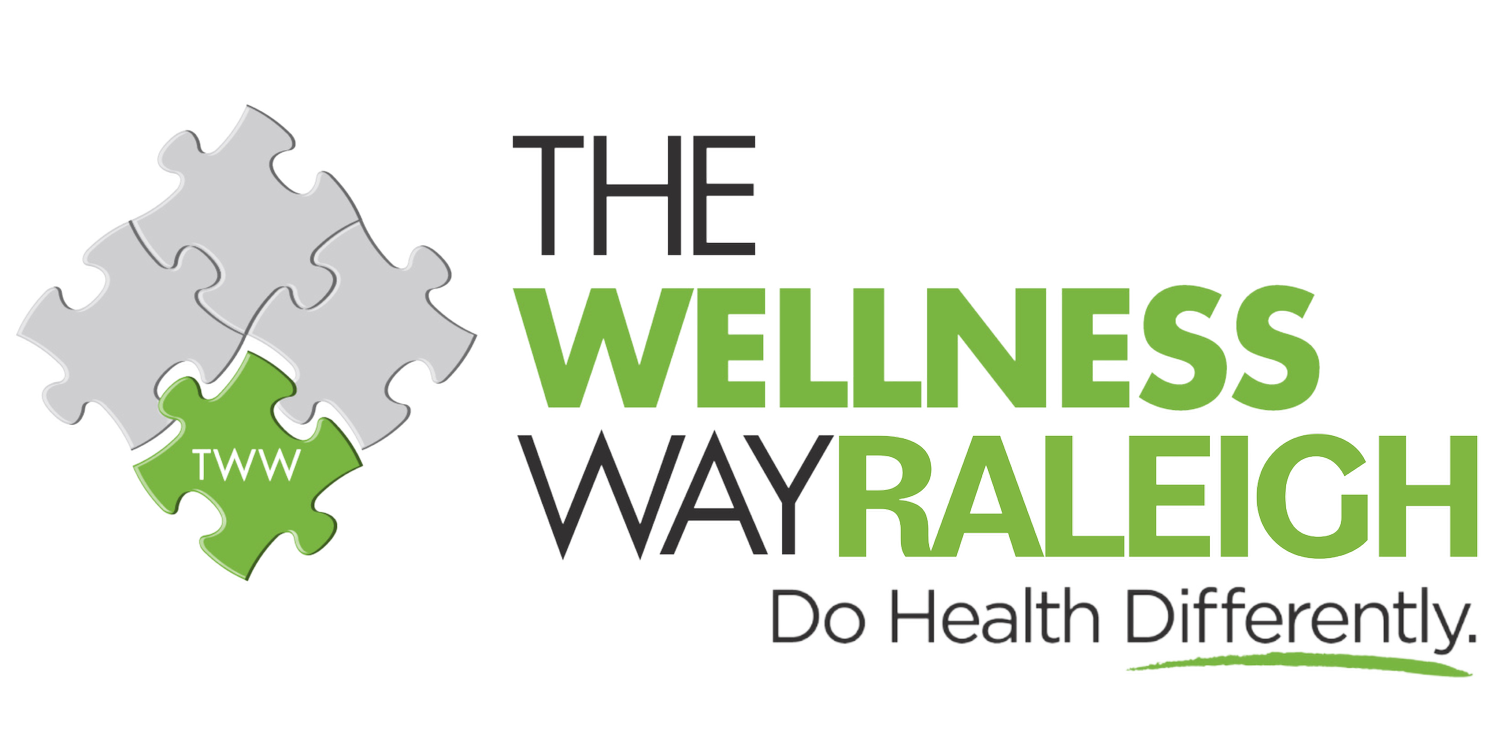Breaking Free from the Excuse of ‘Moderation’
As we explore the relationship between diet and health, it's time to challenge the widely accepted notion of "everything in moderation." With approximately 70% of Americans living with chronic illnesses, we must scrutinize how our eating habits contribute to these conditions. Many individuals use the idea of moderation to justify unhealthy food choices, yet this mindset may be hindering their journey toward better health. Let’s dive into why moderation can be misleading and how to embrace a more mindful approach to nutrition.
The Changing Landscape of Diet and Nutrition
Over the past few decades, our understanding of what constitutes moderation has shifted dramatically. What once was a rare indulgence—like enjoying a slice of cake or a fast-food meal—has morphed into a common practice. This shift has led to larger portion sizes and more frequent consumption of processed foods, causing many to lose sight of what moderation truly means.
For example, the size of a "medium" soda has grown from 12 ounces to nearly 32 ounces, and snacks that were once enjoyed occasionally are now staples in many diets. This change has significant implications for our health, leading to the normalization of unhealthy choices.
The Hidden Costs of "Just a Little"
The belief that a little indulgence is harmless can be dangerous. While it might seem innocuous to have a small dessert or a couple of drinks on the weekend, these habits accumulate over time. Every food we consume interacts with our body on a cellular level, and harmful substances like added sugars, refined grains, and unhealthy fats can contribute to chronic inflammation, weight gain, and various health issues.
For example, research has shown that even small amounts of refined sugars can spike insulin levels and lead to cravings for more sugar. This cycle of indulgence can create a pattern that is hard to break and detrimental to your long-term health.
Understanding the Impact of Food Choices
It's crucial to recognize that food is not just fuel; it plays a significant role in our overall health. Many people unknowingly consume foods that trigger negative reactions in their bodies, whether it be from allergies, sensitivities, or simply poor nutritional choices. For instance, foods high in refined carbohydrates can lead to blood sugar spikes, increasing the risk of insulin resistance and Type 2 diabetes.
Furthermore, many common food additives and preservatives have been linked to adverse health effects. Understanding these ingredients and how they impact your body can empower you to make better choices.
A New Perspective
Instead of relying on the outdated notion of moderation, consider adopting a more intentional approach to your diet. This means focusing on whole, nutrient-dense foods that nourish your body and promote overall health. Here are some strategies to help you shift your mindset:
Prioritize Whole Foods: Fill your plate with fresh fruits, vegetables, lean proteins, and healthy fats. These foods are packed with nutrients that support your body's functions and help you feel full and satisfied.
Listen to Your Body: Pay attention to how different foods make you feel. Notice any reactions, such as bloating or fatigue, and adjust your choices accordingly.
Educate Yourself: Take the time to learn about the ingredients in the foods you consume. Understanding the impact of processed foods and artificial additives can help you make more informed choices.
Create Healthy Habits: Instead of focusing on moderation, build sustainable habits that promote your well-being. This can include meal prepping, cooking at home, and enjoying seasonal produce.
Practice Mindful Eating: Slow down and savor your meals. Mindful eating encourages you to appreciate the flavors and textures of your food, making you less likely to overindulge.
The Path to Lasting Health
In conclusion, the myth of moderation can be a significant barrier to achieving optimal health. By shifting your perspective and focusing on whole, nourishing foods, you can break free from the cycle of unhealthy indulgences. Remember, your health is a journey, and every positive choice you make contributes to your overall well-being. Embrace this opportunity to prioritize your health and make choices that empower you on your path to wellness!
Together, we can create a plan that works for you!

